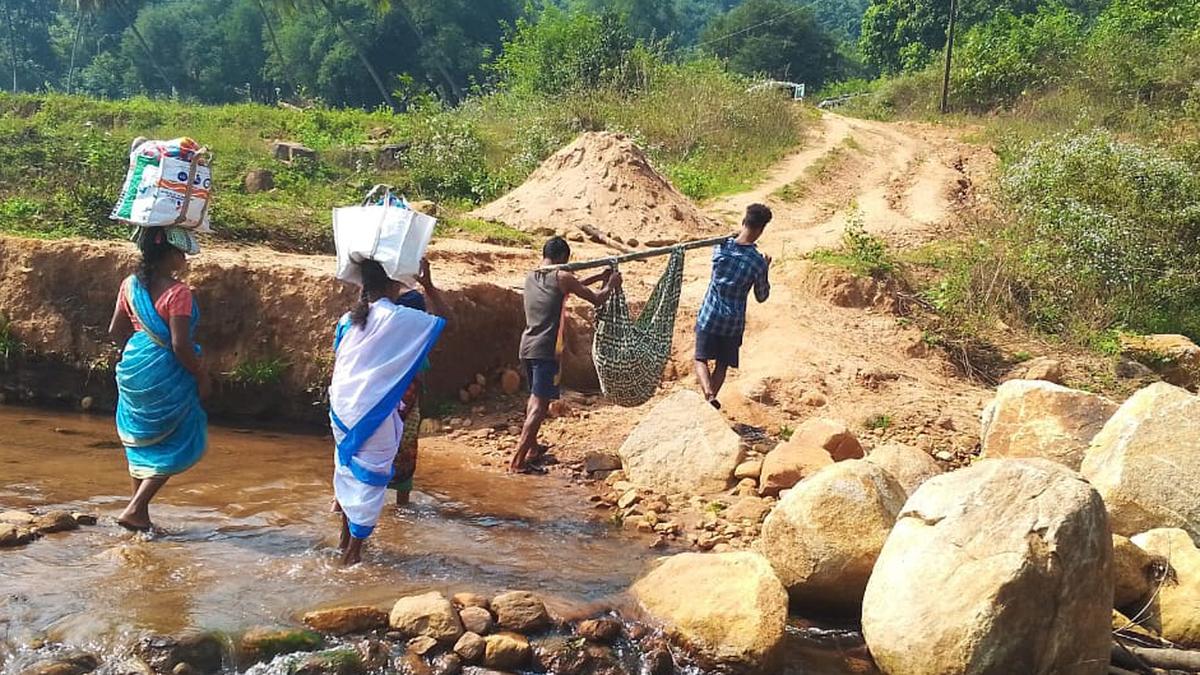By Thursday, 18 September 2025, 11:50 Am Press Release: Prostate Cancer Foundation
Copyright scoop

Health advocates warn of looming healthcare burden
without immediate government intervention
Zealand’s healthcare system faces a mounting crisis as
prostate cancer diagnoses are projected to double over the
next 20 years, while the country continues to lag behind
international best practice in both prevention and
With over 700 New Zealand men dying from
prostate cancer annually, advocates are highlighting a stark
disparity: while breast, cervical, and bowel cancers have
established screening programmes, prostate cancer remains
without systematic early detection measures.
disease will likely impact almost every New Zealand family,
yet we’re treating it as an afterthought,” said Jim Duthie,
Consultant Urologist. “Our response needs to match the scale
of the challenge.”
The Men’s Health
“Kiwi men over 50 need to fundamentally
change their relationship with healthcare, starting with
understanding basic anatomy and why the prostate is worthy
of attention, and embracing regular health
monitoring.
“Not having visited a GP in 20 years is
not a badge of honour,” continues Mr Duthie. “A yearly
health check should be as routine as getting your car’s WOF
– as much for your own sake as for those who love
“Prostate cancer is a family issue. Not only
does a diagnosis impact the whole whānau, but the risk of
developing it increases by up to 11 times if a first or
second degree relative has also had prostate cancer or
breast cancer. If your GP isn’t offering you a regular PSA
test, you need to start asking as soon as you hit the 50
milestone, and even earlier if you have a family history of
the disease.”
Peter Dickens, CEO of the Prostate
Cancer Foundation NZ, agrees that that men need community
support to overcome traditional reluctance to seek medical
help, particularly for a disease that, when detected early,
is highly treatable.
Healthcare Infrastructure
Speaking at a Blue September Parliamentary event
this evening, Mr Duthie outlined that beyond early
detection, New Zealand’s public health system lacks modern
treatment options readily available in comparable countries.
Current gaps include robotic surgery capabilities,
stereotactic radiotherapy, latest generation medicines, and
properly resourced active surveillance
programmes.
“We’re asking patients to accept
second-tier treatment options while watching their disease
progress,” explained Mr Duthie. “This creates an avoidable
pathway to metastatic and incurable
Economic and Social Impact
projected surge in cases threatens to overwhelm an already
stretched healthcare system, creating longer wait times and
forcing difficult treatment rationing
“The question isn’t whether we
can afford to act – it’s whether we can afford not to,” Mr
Duthie emphasised. “Prevention and early intervention are
far more cost-effective than managing advanced disease. This
is a challenge we are seeing our international peers – the
UK and Australia specifically –
tackle and our New Zealand men deserve the same attention
and support”
Government Action
Prostate Cancer advocates are calling for a
comprehensive national response including centralised
risk-stratified early detection, upgraded public health
facilities, and equitable access to international-standard
treatments. The Prostate Cancer Foundation New Zealand has
been advocating for a two district, four-year pilot
screening programme with the objective of detecting medium
and high-risk prostate cancers early, when effective medical
interventions can do the most good.
The programme
would cost approximately $6.5 million funding over four
years but could potentially return over $100 million to the
health system in cost savings, generate over half a billion
in health gains, and avoid nearly $1 million in personal
income loss for working-age men.
“Our leaders
understand the importance of screening for other cancers –
prostate cancer deserves the same priority and investment,”
Mr Duthie concluded.
NZ First Member’s Bill to
Pilot Early Detection Prostate Cancer Screening
Prostate Cancer Foundation NZ CEO Peter Dickens said the
Foundation welcomes the news that NZ First has announced a
Member’s Bill to establish a four-year pilot prostate
cancer screening programme in two regions – one in the
North Island and one in the South Island.
“This is an
issue of national importance, and we are delighted that
people are listening and grateful for NZ First’s support.
We have secured an open invitation from the EU-sponsored
world-leading PRAISE-U consortium for New Zealand to join
its European Union screening pilots that involve 25
institutions across 12 countries, aimed at reducing prostate
cancer deaths through smart early detection. This bill will
allow NZ to join this initiative and learn the vital lessons
specific to our unique population of at-risk men that can
only be learned from pilots in New Zealand, while
simultaneously benefiting from and contributing to the
knowledge and understanding gathered at the wider global
community of sites.
“We’d ask all members of
Parliament to get behind this bill, across party lines. We
owe it to every man in New Zealand to take this issue
seriously. If we can demonstrate this is truly an issue of
national importance, then we can start having more open
conversations about this devastating disease and the steps
needed to address
Prostate cancer is the
most commonly diagnosed cancer in New Zealand with around
4,000 diagnosed every year [exceeding breast cancer levels],
at an average of 10 every day.Prostate cancer is
the second highest cause of cancer death in men after lung
cancer, and the third highest for all sexes (behind lung and
bowel cancers).More than 700 men die on average
every year from prostate cancer.Early detection
significantly improves treatment outcomes.61% of
prostate cancer survivors say they had no symptoms when
diagnosed.A PSA blood test is all it takes to start
the process – simple and quick.Anyone can get
prostate cancer, including transgender women, male-assigned
non-binary or intersex people.For more information
on PRAISE-U visit Praise-U
© Scoop Media



